When you love someone for a long time, it can be hard to let go of them, despite knowing the fact that your relationship has turned unhealthy and toxic. But in order to protect yourself, your mental health, and peace of mind, sometimes you need to let go of an unhealthy relationship. However, before you do that, it’s important to understand all the reasons why you find it hard to leave a bad relationship.
Have you ever looked back at a previous relationship and wondered, “What was I thinking?” It may feel surprising to look back and realize how unhealthy a relationship was and wonder how you endured it for as long as you did. That’s why hindsight is 20/20.
Perhaps you haven’t been in an unhealthy relationship yourself, but you’ve wondered why a friend or family member stays in a relationship that is clearly making them unhappy. Similar to a smudged windshield, it can be tough to see what’s right in front of you until the gunk is wiped away.
Often, it’s not a lack of awareness that keeps people stuck in unhealthy relationships; deep down inside there is a voice calling for their attention urging them to face the truth but it’s being buried due to underlying fears.
If you’re having difficulty letting go of an unhealthy relationship, consider whether any of the following reasons are playing a role.
Related: 5 Signs Of Unhealthy Attachment In Relationships
11 Reasons It’s Hard To Let Go Of An Unhealthy Relationship
1. You fear being alone and assume being with anyone is better than being alone.
For many, the fear of being alone, and low self-worth, are powerful motivators for remaining in relationships past their expiration date.
However, when you’re in a relationship with someone with whom you’re not compatible, you will often feel alone because you’re not being loved and cared for in a way that is aligned with your needs.
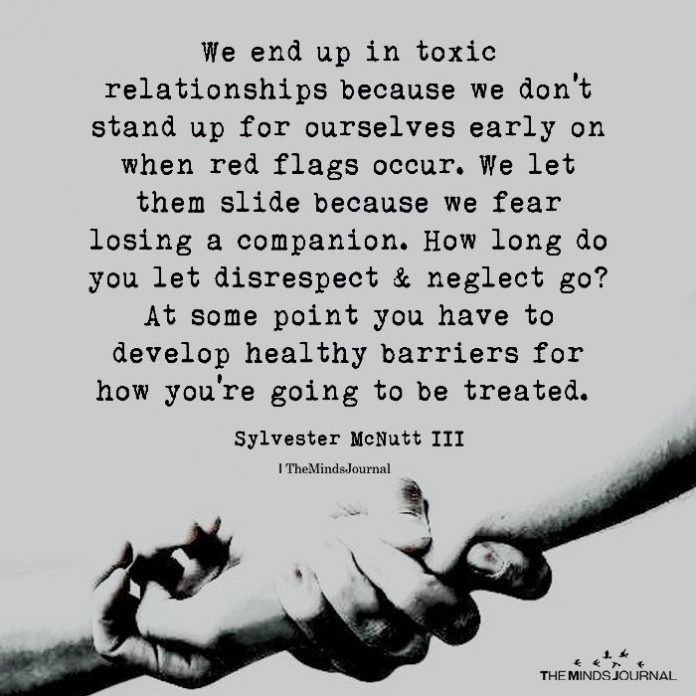
2. The relationship is activating an attachment wound, so letting go feels like a significant threat to you and feels impossible (even though it isn’t).
Adults raised by an inconsistent caregiver or whose emotional needs were not met during a crucial stage of development are more likely to be drawn to a partner with similar qualities simply because it feels so familiar — as if they’ve known the person “forever.”
If you learned early on to associate love with high conflict, volatility, or inconsistency, there may be a part of you subconsciously holding onto hope that maybe this time, things will be different.
As a result, letting go of this type of relationship can feel like a threat to your attachment system because it’s forcing you to let go of this fantasy which can bring up a lot of resistance and anxiety.
People who have an anxious attachment style may be more susceptible to having a difficult time letting go of an unhealthy relationship.
3. You’ve already invested a significant amount of time and energy in this relationship and fear starting over.
The sunk-cost fallacy refers to the phenomenon in which someone is hesitant to quit something they’ve started because they’ve already spent a significant amount of time and energy on it, despite it being in their best interest to change course.
The sunk-cost fallacy may be playing a role in your difficulty letting go of an unhealthy relationship if you’ve already spent a significant amount of time and energy on it and a part of you is pushing to see it through due to the fear of starting all over again.
Related: The Reason Why We Can’t Let Go Of Someone Is Because Deep Inside We Still Hope
4. You are holding onto hope about your partner’s potential rather than the actual person in front of you.
Holding onto the hope that the person you’re dating will change is a recipe for disappointment but also clouds your ability to see the red flags in front of you.
When you’re holding onto hope that your partner will change, it’s similar to being really hungry and continuing to consume crumbs, hoping they will lead to an entire meal — resulting in you ultimately ending up hungry and dissatisfied.
When dating someone new, it can be helpful to take a “what you see is what you get” approach and perhaps be pleasantly surprised as you learn more about the person, but not the other way around.
5. You attach your worth to your relationship status.
Perhaps due to messages received from your culture, family upbringing, or your current stage of life, you may feel pressure to be in a relationship and consequently attach your sense of worth to your relationship status.
But your relationship status does not define you, just like your job or major in school does not define you. When you attach your worth to your relationship status, you are not able to make decisions aligned with your values and in your best interest; as a result, you will be more likely to hold onto a relationship fantasy at the expense of yourself.
6. You don’t know who you are outside of this relationship.
If you experienced a loss of identity or your support system during this relationship, you may be having a difficult time letting go because you may not know who you are outside of it.
Related: Why Strong Women Stay In Bad Relationships
7. Your partner is emotionally abusive.
If your partner is emotionally abusive, you may question your instincts and doubt yourself. A partner who regularly gaslights and manipulates you is not taking accountability and will often cause you to feel as if you’re in the wrong.
Consequently, you may blame anything that goes wrong in the relationship on yourself and be convinced that you’re the problem, not the relationship.
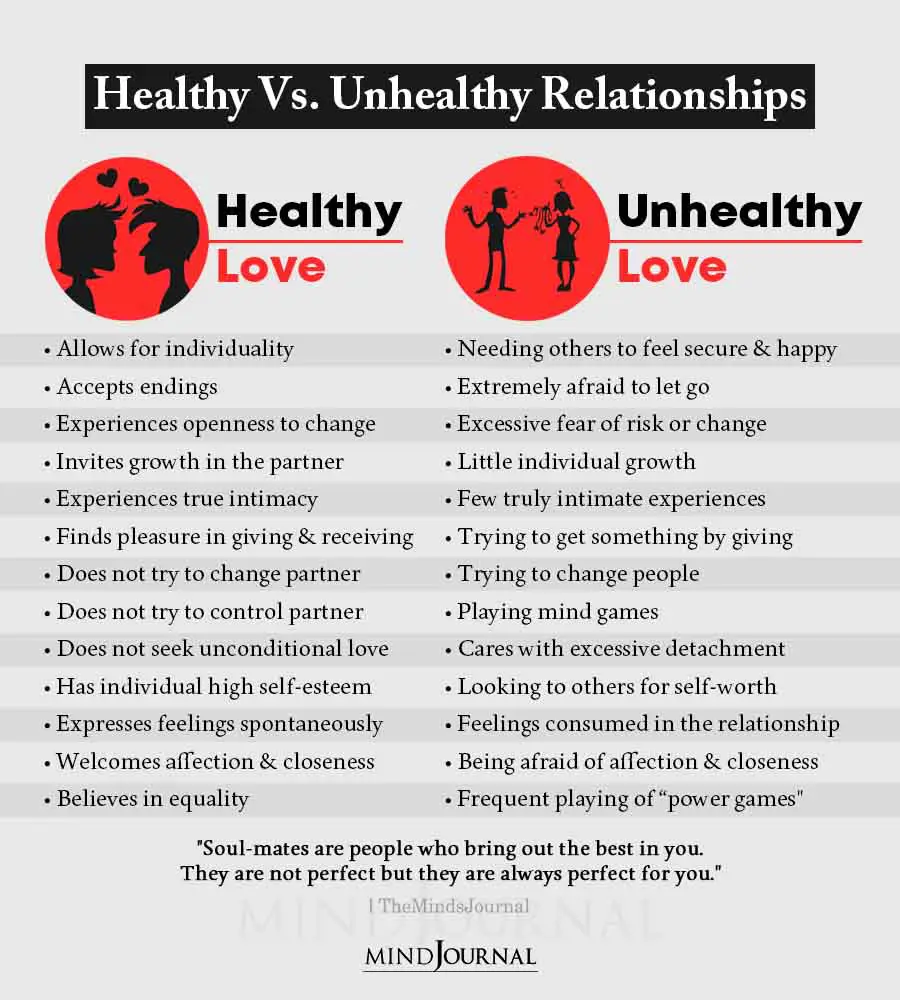
8. You have been conditioned to over-function in a relationship and fix, save, or fight for it at the expense of yourself.
If you grew up in a home with high conflict and unpredictability or you were a parentified child, you may have adopted the role of being the peacemaker and caretaker or you may have witnessed a parent take on that role. As a result, you may have learned to associate love with having to “earn it” and “fight for it” in order for it to be real.
When you adopt this same role with a partner, you feel at home with them because it feels so familiar and the chemistry might feel particularly strong, making it even more difficult to let go of an unhealthy relationship that mirrors this same dynamic.
If this is a pattern for you, it may initially feel boring if you encounter a romantic relationship in which you don’t have to take on this same role.
9. You’re confusing chemistry for compatibility.
When there is strong chemistry early on, it can be mistaken for compatibility and red flags may get overlooked. This sets the foundation for becoming prematurely attached to a fantasy, rather than the person in front of you, and, consequently, letting go of the relationship means having to face that this fantasy wasn’t real.
Related: 7 Signs Of Emotional Hunger And How To Stop Craving Love
10. You are hooked on the highs and lows of the relationship.
In this relational dynamic, the highs are high and the lows are low. Your partner may run hot and cold, so you don’t know when the next high will come but when it does, it feels special and exciting.
This intermittent reinforcement can lead to difficulty letting go of a relationship due to feeling dependent on the next high.
11. You believe “relationships are hard” and this is just a rough patch.
Yes, relationships are hard and they require work, but they shouldn’t be THAT hard. A relationship shouldn’t require you to sacrifice your values or sense of self. Your relationship should be a stable and secure force in your life, rather than a cause of distress or disconnection from your authentic self.
Want to know more about why it’s hard to let go of an unhealthy relationship? Check this video out below!
Disclaimer: This post is for informational purposes only. It is not intended to substitute professional or psychological advice, diagnosis, or treatment. Always seek the advice of your mental health professional or another qualified health provider with questions regarding your condition or well-being.
Ready to create more satisfying relationships? Dr. Roxy’s free Relationship Needs Guide can help you identify what you want from a relationship, whether you’re single or in a relationship. Sign up for her monthly emails here and download your copy today.
Written By Roxy Zarrabi, Psy.D Originally Appeared In Psychology Today
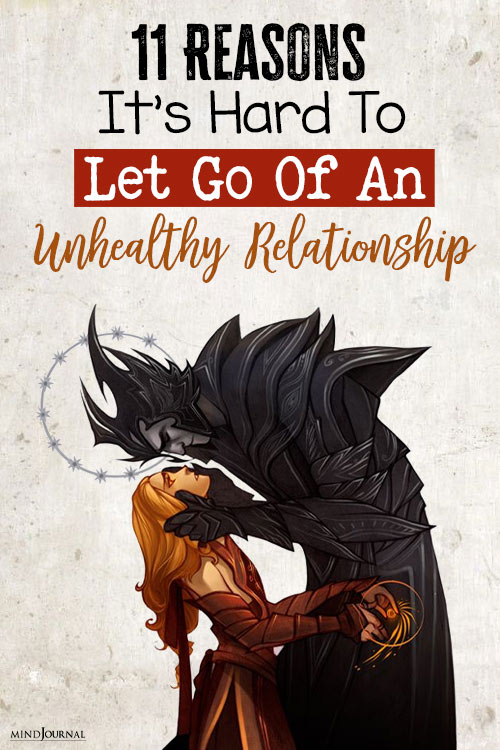
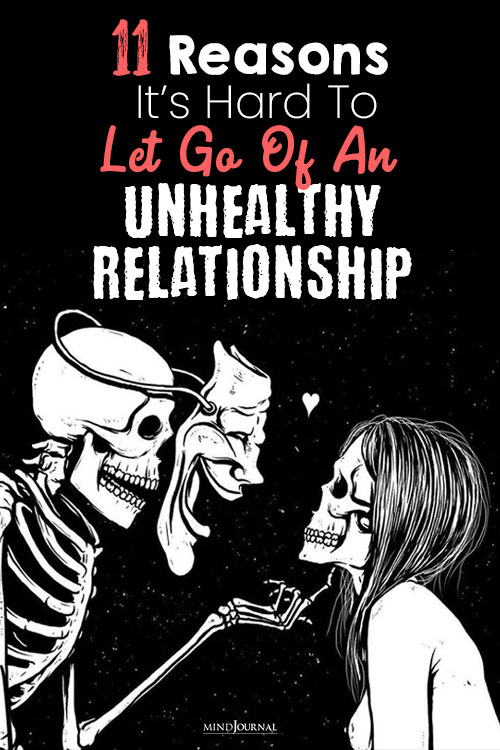
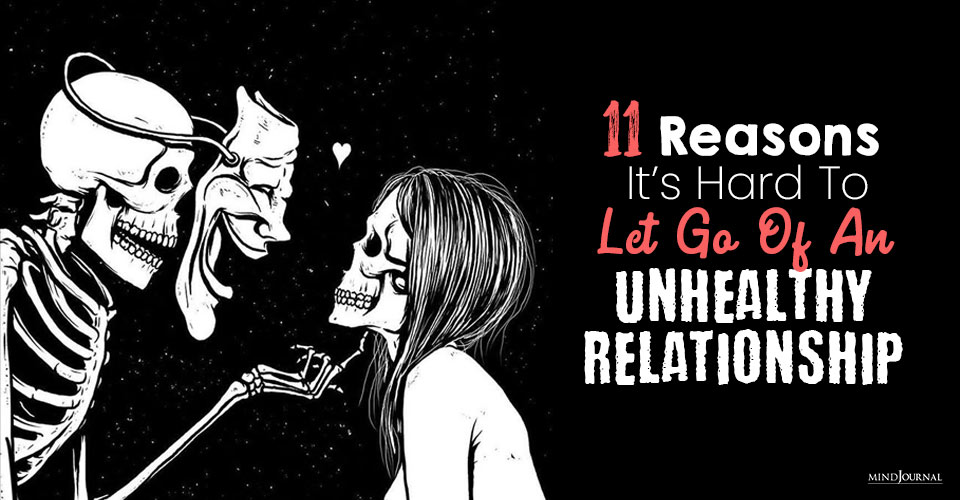
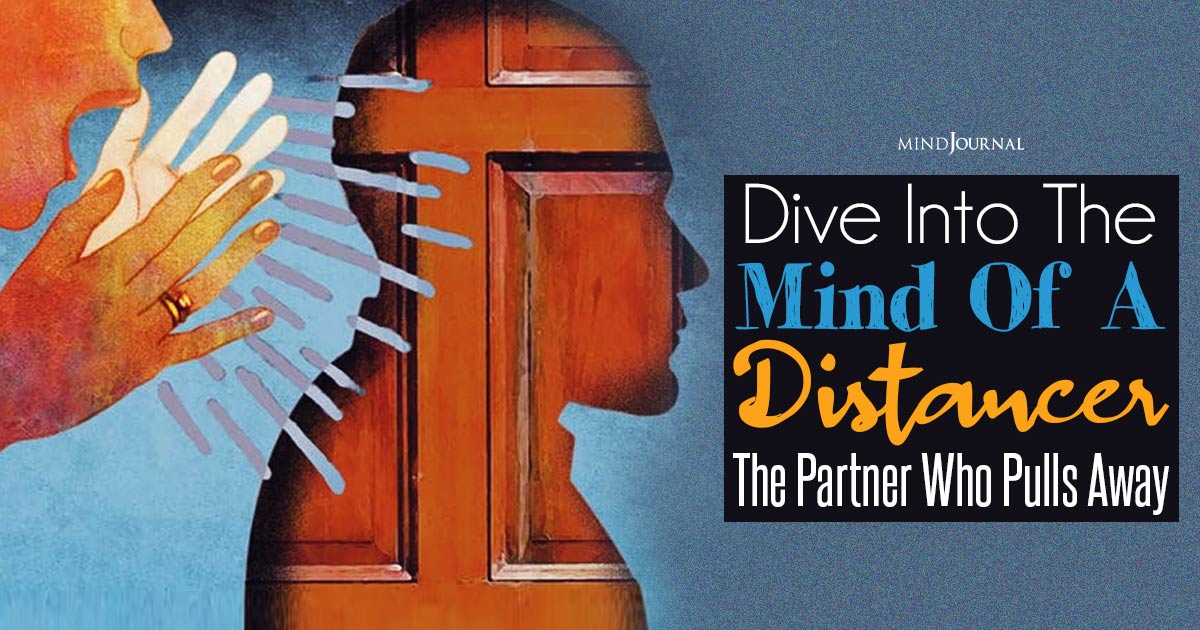


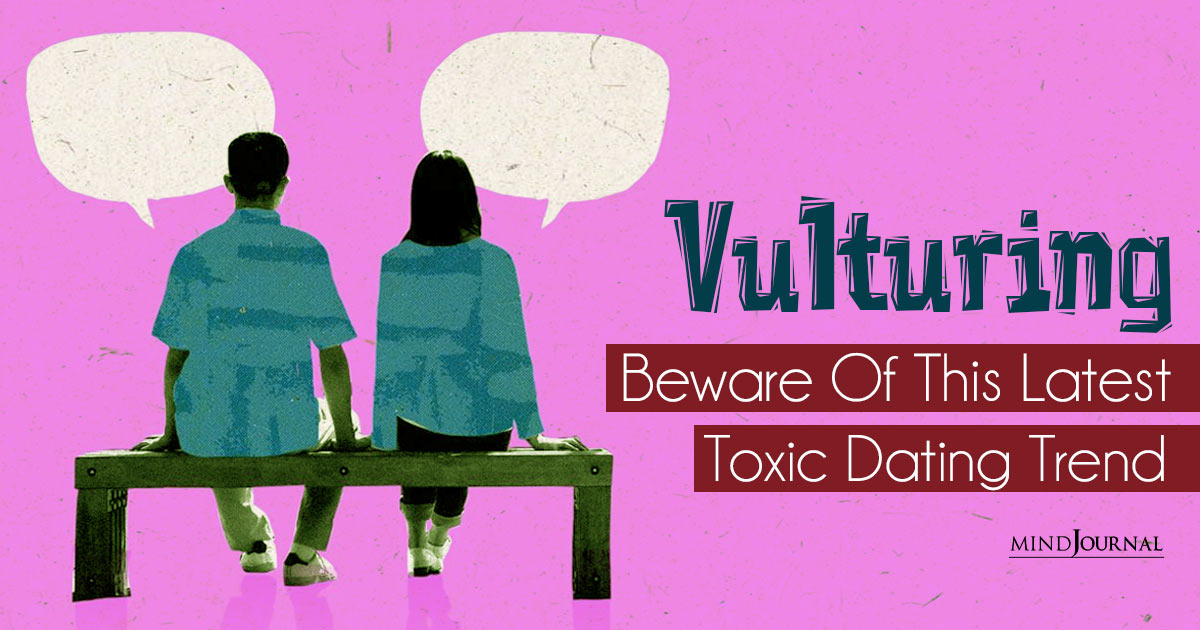
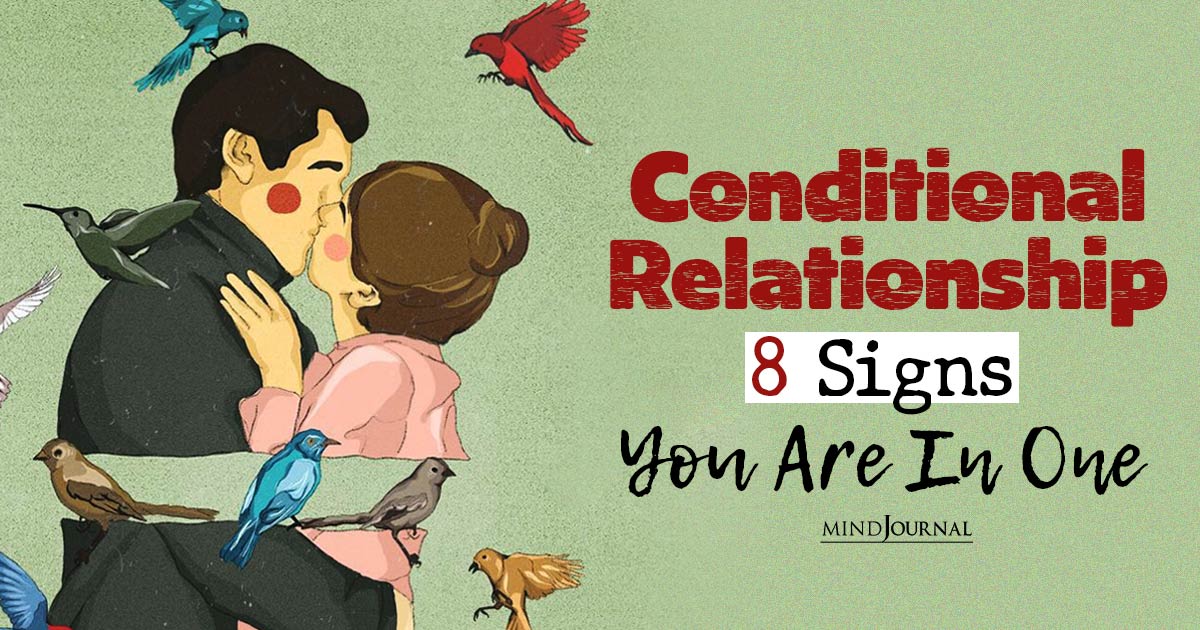


Leave a Reply
You must be logged in to post a comment.